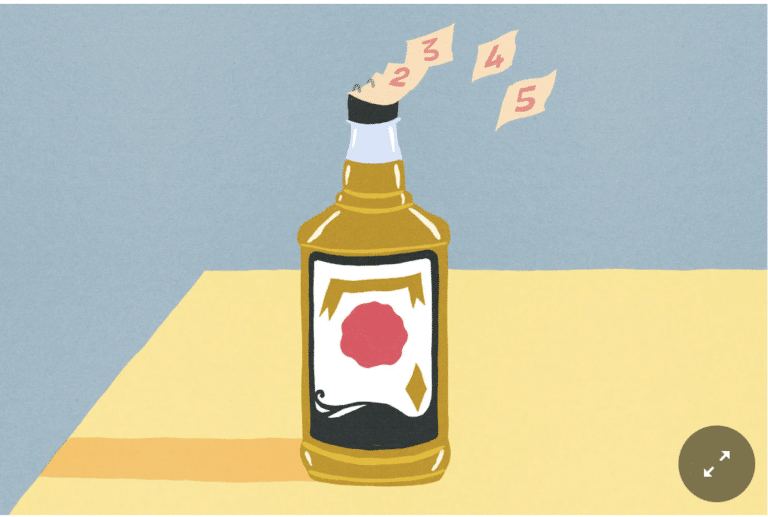No products in the cart.
This page includes affiliate links.
Please see the full article at the link provided below

The sobriety challenge can offer a mental and physical reset, and the chance to adopt healthier habits.
Dry January sounds like a simple proposition: No alcohol. For 31 days. And some enthusiasts jump in without much planning — perhaps even hungover after a rowdy New Year’s Eve.
There is no data suggesting that those folks won’t be able to abstain from drinking, said Dr. David Wolinsky, an assistant professor of psychiatry and behavioral sciences with Johns Hopkins Medicine, who specializes in addiction. But starting the month with a few strategies in your back pocket — and with a clear sense of your goals — may help you get the most out of the challenge.
“Most of the benefits of Dry January are probably going to be related to the intention with which you go into Dry January,” Dr. Wolinsky said. The challenge isn’t a stand-in for treatment for people with alcohol use disorder, he stressed, but those who are looking to get a fresh start to the year may benefit from the mental and physical reset it can offer, and the opportunity to adopt new habits. For instance, a 2016 study found that six months after Dry January ended, participants were drinking less than they were before.
We spoke to Dr. Wolinsky and other experts about some strategies for a successful month….
Share this post!
Sponsored
OUR MOST FLEXIBLE
DIGITAL ACCESS PLAN
renews monthly until canceled
Quarterly digital magazine
Access to the digital magazine and all web archives/articles.
Subscriber perks and discounts
SAVE 15% ON FULL DIGITAL ACCESS
(VS. MONTHLY)
renews annually until canceled
Quarterly digital magazine
Access to the digital magazine and all web archives/articles.
Subscriber perks and discounts
(U.S. ONLY)
BEST FOR PRINT LOVERS!
renews annually until canceled
Our beautiful, quarterly print magazine
Access to the digital magazine and all web archives/articles.
Subscriber perks and discounts
Thank you for being part of our beautiful AF world!
Here’s an AF beverage for you to try, tested by our panel of professional mixologists and tasters!